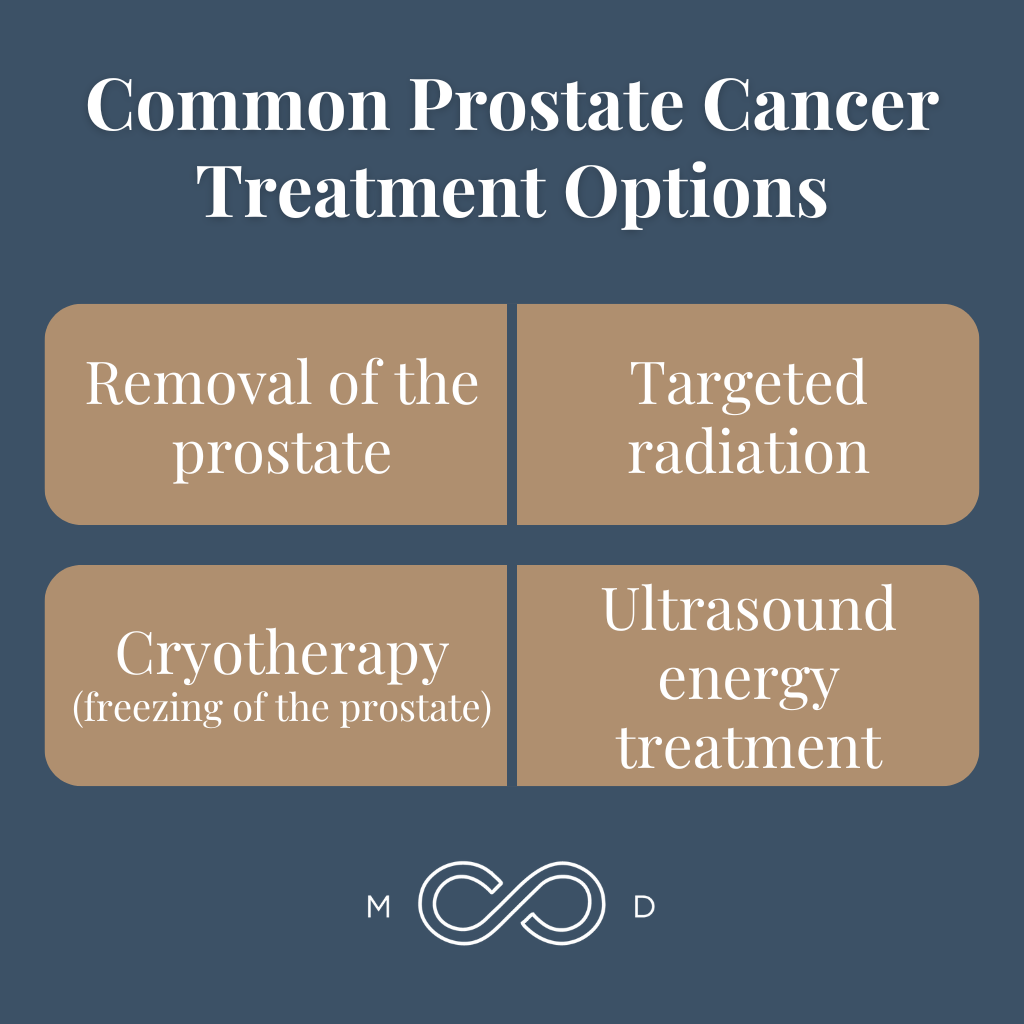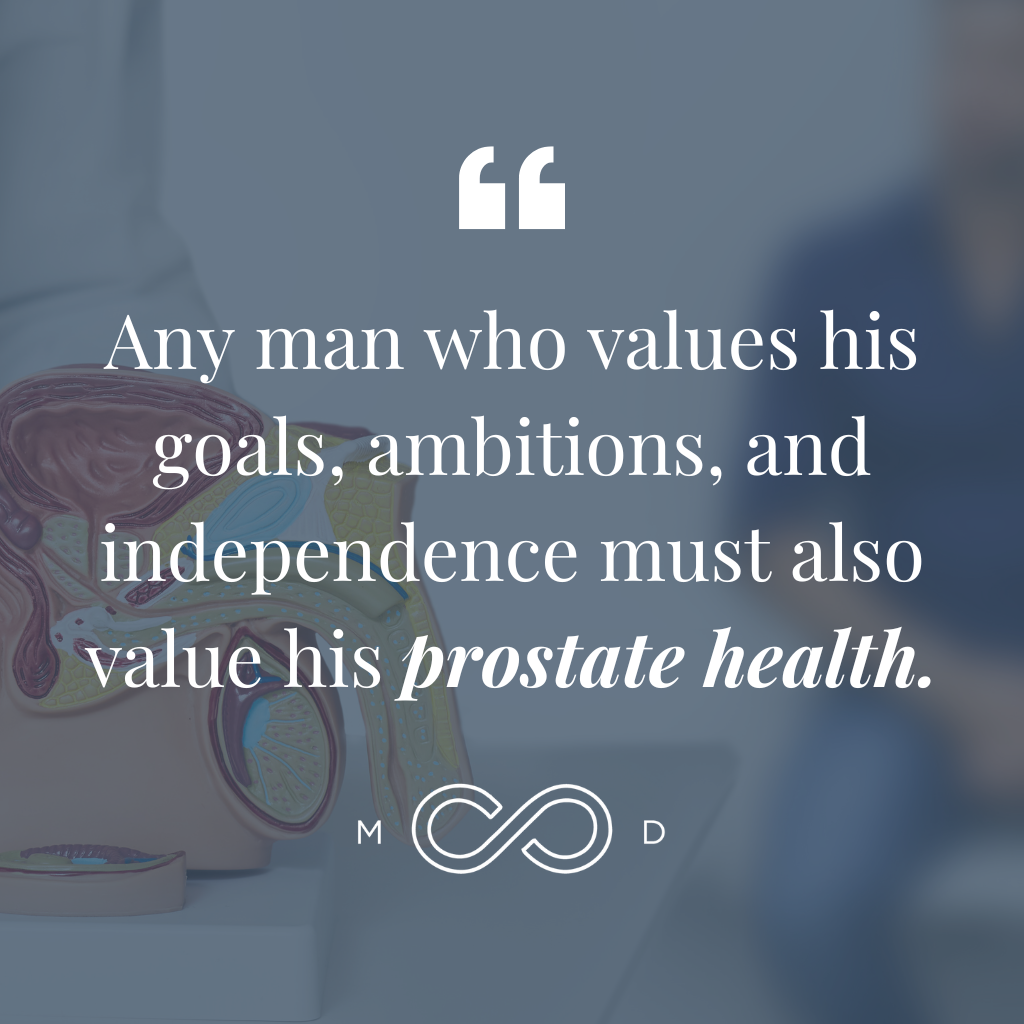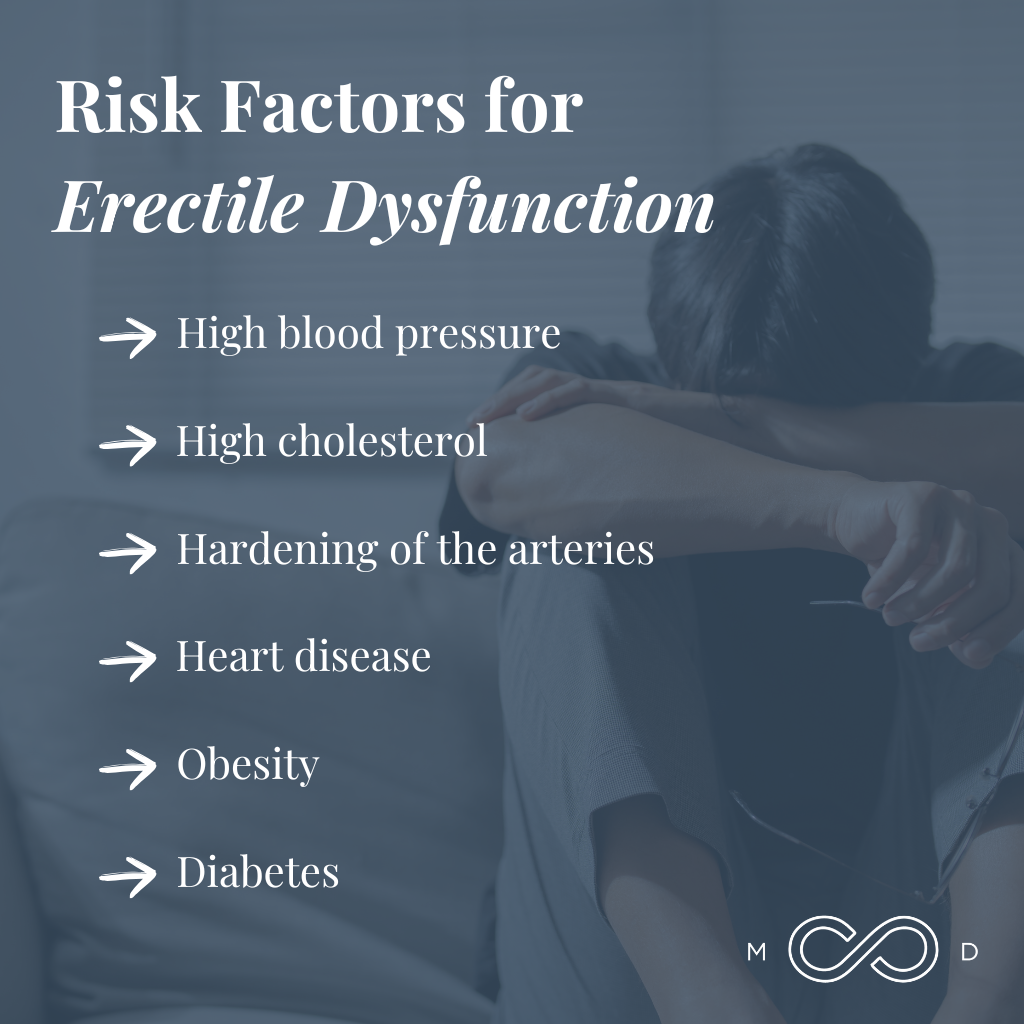Men’s prostate health. It’s something you know is important, something you know shouldn’t be ignored, but — if you’re like most of us males — you continue to turn a blind eye to it anyway.
Maybe you’ve been making one too many nighttime bathroom trips, or perhaps you’ve noticed some leaking you’d rather not acknowledge. You’re not the only man suffering in silence.
Urological problems are inevitable as you age, but they don’t have to define your quality of life.
When it comes to navigating your greatest asset — your health — you need a well-informed voice to help you better understand the symptoms, treatments, and implications of the most common urological ailments.
Dr. Benjamin L. Dehner, Chief of Urology at St. Thomas West in Nashville, Tennessee, is a urologist I know you can trust. If you’re not yet ready to walk into a urologist’s office and request the urological care you may need, Dr. Dehner can get you started here.
Why Your Urological Health Should Be a Top Priority
When you think of your health and wellness, what comes to mind first? Most men think immediately of their heart health or their weight. Very few jump to men’s prostate health. In fact, most busy, high-powered men completely ignore their urological health until symptoms become too painful to ignore.
While pretending something doesn’t exist is a protective instinct for many, it only undermines your health and vitality in the long run. Urological disease can affect the kidneys, bladder, urethra, prostate, penis, and testicles. That’s nothing to ignore or shrug away!
A urologist understands the complex interconnections between the various components of the urinary and reproductive systems. Even if you don’t understand your urological symptoms or realize their significance, a urologist will.
Three specific conditions in particular pose a threat to men’s prostate health with age: benign prostatic hyperplasia (BPH), erectile dysfunction (ED), and prostate cancer.
Learning to recognize signs of these conditions and understanding your treatment options if they appear are the first steps to preserving your comfort, vitality, and independence as you grow older.
Men’s Prostate Health: Top 3 Threats
What Is Benign Prostatic Hyperplasia?
Benign prostatic hyperplasia (BPH) develops with age, plain and simple. Simply put, BPH is an enlarged prostate gland. Since the prostate gland sits beneath your bladder, the condition increasingly blocks the flow of urine through your urethra over time.
As a man, you know that urinary issues don’t make comfortable dinner table conversation. Your kids might crack jokes about your frequent bathroom stops on road trips, but you tell yourself it’s a normal consequence of aging.
But what happens when BPH interferes with your personal life or your success at work? As Dr. Dehner explains, if you’re the guy who’s staring at the clock waiting to get out of meetings so you can run to the bathroom, BPH is disrupting your life. Other telltale signs of BPH include symptoms like:
- Frequent nighttime urination
- Difficulty beginning urination
- Urgent need to urinate
- Weak or inconsistent urine stream
- Dribbling after urination
- Difficulty emptying the bladder
A BPH symptoms survey helps to measure the true severity of your BPH symptoms. Though your survey score doesn’t replace the medical advice of a urologist, it offers an important first step in assessing your condition and seeking a real diagnosis.
How to Take Care of Your Prostate: Treating BPH
One myth in particular pervades conversations about BPH. You’ve probably heard it yourself: You’re stuck with BPH forever! It’s all part of getting older… just deal with it.
Toss that myth into your mental garbage bin now. Our grandparents and great-grandparents might have been “stuck with” BPH, but medical advances in urological care over the last 10 years have made the condition easy to treat or even reverse!
The first step is to identify any lifestyle habits that may be contributing to your BPH symptoms. Dr. Dehner sees this all the time: “Say you came to me at 40 and said, ‘I’m getting up at night once or twice,’ or ‘I get up in the morning and I go six times before noon.’ Well then, the first thing is, what are you drinking?”
If you’re drinking a pot of coffee before lunch, your BPH symptoms may be resolved by simply reducing your intake.
If dietary changes alone don’t do the trick, medication with alpha blockers is the next step. Flomax, Uroxatral, and Rapaflo are all popular alpha blockers that relax the bladder and prostate to make urination easier.
Many men with BPH crave the relief medication provides, but they don’t want to rely on pharmaceuticals for the rest of their lives. New minimally invasive procedures offer an alternative path while reducing or eliminating reliance on medication.
UroLift, for example, is a one-time, in-office solution that lifts and holds the enlarged prostate. This keeps the prostate from blocking the urethra and allows urine to flow freely again, all without invasive surgery or removal of prostate tissue.
Urological Care: Dangers of Untreated BPH
If you’re still tempted to ignore your BPH symptoms and accept your fate of waking up to pee six times each night, let’s talk consequences.
When you allow BPH to run rampant, ignore urology tests, and put off proper urological care, you impact your long-term health and quality of life. As your prostate grows, you retain more urine in your bladder. Your bladder muscles become thicker and stronger as they fight to get that urine out. This reduces your bladder’s elasticity and causes it to degrade.
The ultimate result? Ignoring your BPH may leave you with no choice but to use a catheter later in life.
Believe me, no one wants a catheter, no matter their age. So address your urological health while time is still on your side.
What Is Erectile Dysfunction?
Erectile dysfunction is even less enjoyable to discuss than BPH, but it’s another heavy hitter in the realm of men’s prostate health.
Funny enough, it’s only thanks to Viagra’s marketing campaigns that ED has become a public topic. Before the age of Viagra, men suffered from erectile dysfunction in silence and humiliation. Now we understand that ED has specific root causes that can be identified with urology tests and treated by a urologist.
#1 Cause of Erectile Dysfunction
The most common cause of erectile dysfunction is reduced blood flow to the penis. And, unfortunately, many chronic conditions potentially limit blood flow to the penis, including:
- High blood pressure
- High cholesterol
- Hardening of the arteries
- Heart disease
- Obesity
- Diabetes
Since the artery that flows to the penis only measures one millimeter in diameter, it’s vulnerable to blockages. This makes ED an early marker of more dangerous problems, including heart attack and stroke. Identifying the core cause of your erectile dysfunction can save your life, not just your sex life.
The Diabetes-to-ED Connection
Diabetes and ED may not seem connected on the surface, but they’re actually closely intertwined. Research shows that men with diabetes are three times more likely to experience ED than men without diabetes. They may also begin showing symptoms of ED up to 15 years earlier than their peers without diabetes.
Diabetes and ED are linked because of the damage uncontrolled blood sugar levels wreak on the nerves and blood vessels:
- Diabetes leads to damage of the nerves that control sexual stimulation and response.
- Diabetes harms the small blood vessels needed to sustain blood flow to the penis.
This is frustrating and dangerous! But the good news is that diabetes can be effectively controlled — and sometimes even reversed — through healthier lifestyle habits like proper diet and exercise.
How to Take Care of Your Prostate: Erectile Dysfunction Treatment Options
You don’t want to live with ED, and the good news is that you don’t have to. Lifestyle changes, medications, and other products are proven to reduce symptoms of ED.
Viagra and Cialis are the best known medications for ED. Viagra acts quickly and is best for predictable, in-the-moment needs. Keep in mind that Viagra can’t be absorbed as well on a full stomach, so it’s not the best choice for a romantic moment after a heavy steak dinner.
Cialis works for up to 36 hours, so it’s a better option for men with less predictable or more frequent needs. Some men have success taking a low dose of Cialis on a regular basis to maintain a strong baseline.
Thanks to generic versions of these medications, men can address ED more affordably than in the past. However, always discuss new medications with your primary care physician — and never order them from suspect sources.
These medications can have side effects, so be sure to consider them with your doctor: Viagra is known for headaches, congestion, and temporary visual changes, while Cialis is known to cause back pain.
If these medications don’t help as much as you’d like, consider products like rings or pumps to maintain a stronger erection in the moment. They’re inexpensive, safe, and easy to use.
TriMix, an injectable three-drug prescription, is also an option for men who want to deliver ED medication straight to the source, rather than relying on systemic absorption of a pill to produce results.
Living with ED isn’t something you have to face alone. With the help of your urologist, you can find the best treatment for you and your lifestyle.
What Is Prostate Cancer?
We’re told to worry about heart attacks, stroke, and dementia, but prostate cancer is a major threat to men as well. Like BPH, prostate cancer is a nearly unavoidable disease of age.
Genetics, hormones, and lifestyle all influence your vulnerability to prostate cancer, but you’re almost guaranteed to experience some level of prostate cancer if you live long enough.
This doesn’t mean, however, that you need to sound the alarm bells right away. It’s generally recommended that men begin prostate cancer screening at age 50. The only exception is for men with a clear and direct family history of prostate cancer, in which case testing by age 40 is best.
At the moment, PSA testing is the best urology test we have for prostate cancer. A urologist uses PSA results to identify your risk and recommend treatment protocols. Prostate cancer is a slow-growing disease, so it can usually be identified early and treated before it spreads or becomes aggressive.
How to Take Care of Your Prostate: Cancer Treatment
We’re fortunate that science and medicine have developed numerous treatment methods for prostate cancer. You don’t have to become a victim of this disease!
The first option is called watchful waiting. This means you understand that hints of prostate cancer are developing and may grow, but that the specific cancer type grows very slowly. You work with your urologist to track the cancer’s progress, making sure it doesn’t accelerate or spread. It’s actually possible for prostate cancer to grow so slowly that it never threatens your health or quality of life!

If watchful waiting isn’t feasible, work with your urologist to determine the best course of action. There’s no one “best” prostate cancer treatment; it’s very patient-specific and based upon personal preference, disease characteristics, age, and more. A few of the most common prostate cancer treatment options include:
- Removal of the prostate
- Targeted radiation
- Cryotherapy (freezing of the prostate)
- Ultrasound energy treatment
In the face of prostate cancer, you have to ask yourself one main question: How do I navigate my ambitions with the need to treat this disease given the available treatments? This means considering the potential side effects and expected benefits.
Many men have a strong initial reaction that screams, “Get my prostate out! I’m done with this!” But prostate removal is no longer the only option, and it certainly isn’t always the best. Allow yourself the opportunity to adjust your treatment plan if the trajectory of your disease changes and an alternate choice makes more sense.
Men’s Prostate Health: Stay Proactive for Vitality and Longevity
Any man who values his goals, ambitions, and independence must also value his prostate health. As you know from your past successes and challenges, staying proactive is the most powerful tool you have in your arsenal. If you approach your prostate health with that same level of focus, you can stop serious problems before they ever start.
As a urologist, Dr. Dehner has committed his career to helping patients across the country as they navigate their urological health. Though based in Nashville, Tennessee, Dr. Dehner is passionate about consulting with and advising patients, regardless of their location.
Conversations about urological care and men’s prostate health are dynamic and often emotional. This is why forming a relationship with a urologist you trust is immeasurably valuable. An optimal and long life is what you deserve — so what are you waiting for?


Dr. Aaron Wenzel is a concierge physician specializing in the care of fast-moving entrepreneurs, executives, and public figures in the Nashville, TN area. Dr. Wenzel’s diverse life experience and extensive training in family medicine, emergency care, nutrition, and hormone replacement therapies give him the unique platform to provide unmatched care for his patients.








